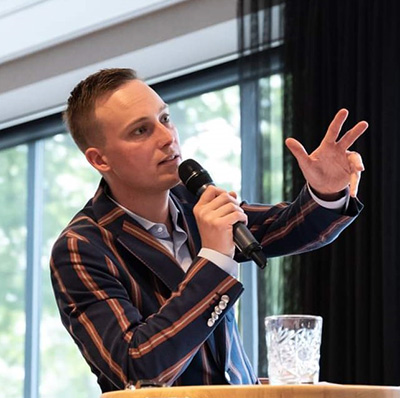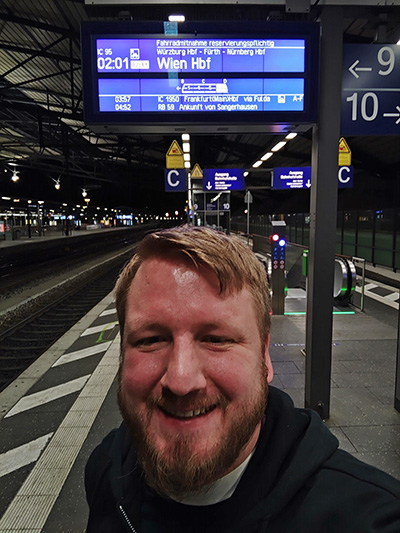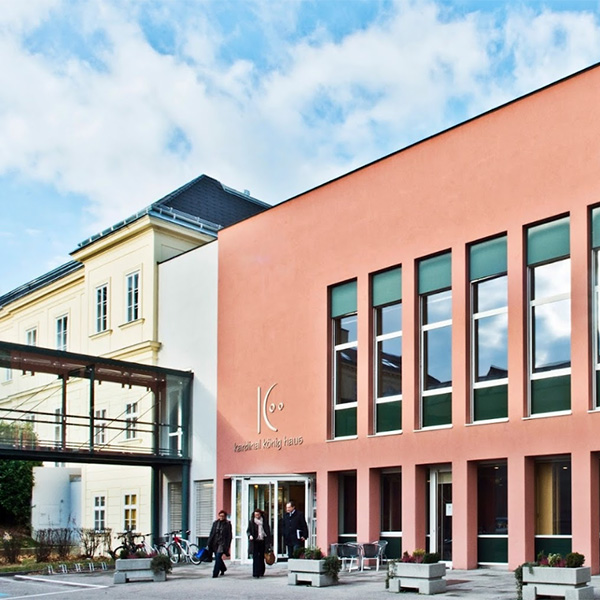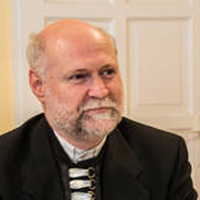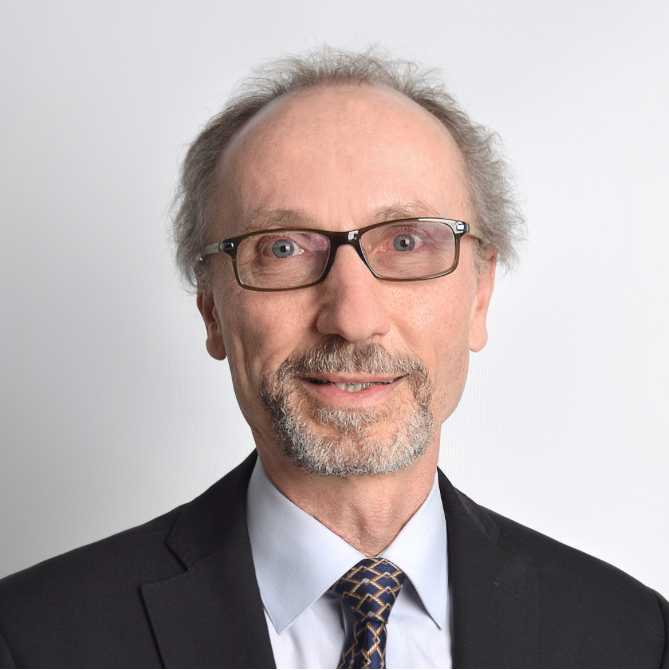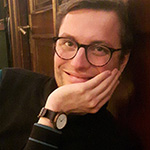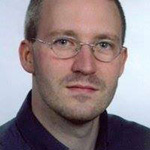I am Juliette (she/her), 25 years old and I come from France. I am currently studying Protestant Theology between Strasbourg (France) and Berlin (Germany) in order to become a pastor in my church: the Reformed and Lutheran Protestant Churches of Alsace-Moselle. Before that, I studied political science, cultural science, and gender studies. I am particularly interested in feminist and queer theology. But what I really love is drinking coffee and eating cake.
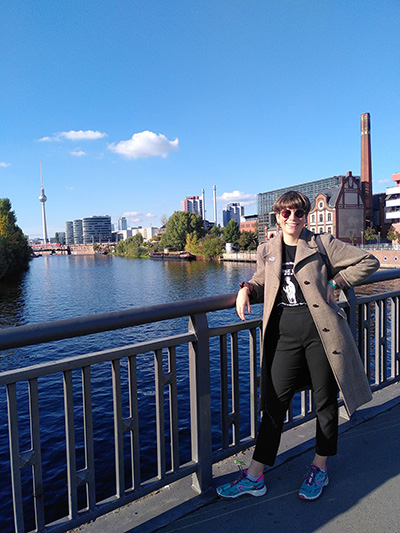
The topic of nationalism concerns me because I think that in France, because of the separation of religions and the State, our churches are scared to raise their voice in public and to be a counter-power to the nationalistic and discriminatory policies in place. For me, it is important as churches to dare to take an interest in politics and to have an opinion on it. Because it is not our nationalities that bind us as Christians but our faith, let us dare to strive for less nationalism and more solidarity with our neighbors, even if they are not from the same country.
